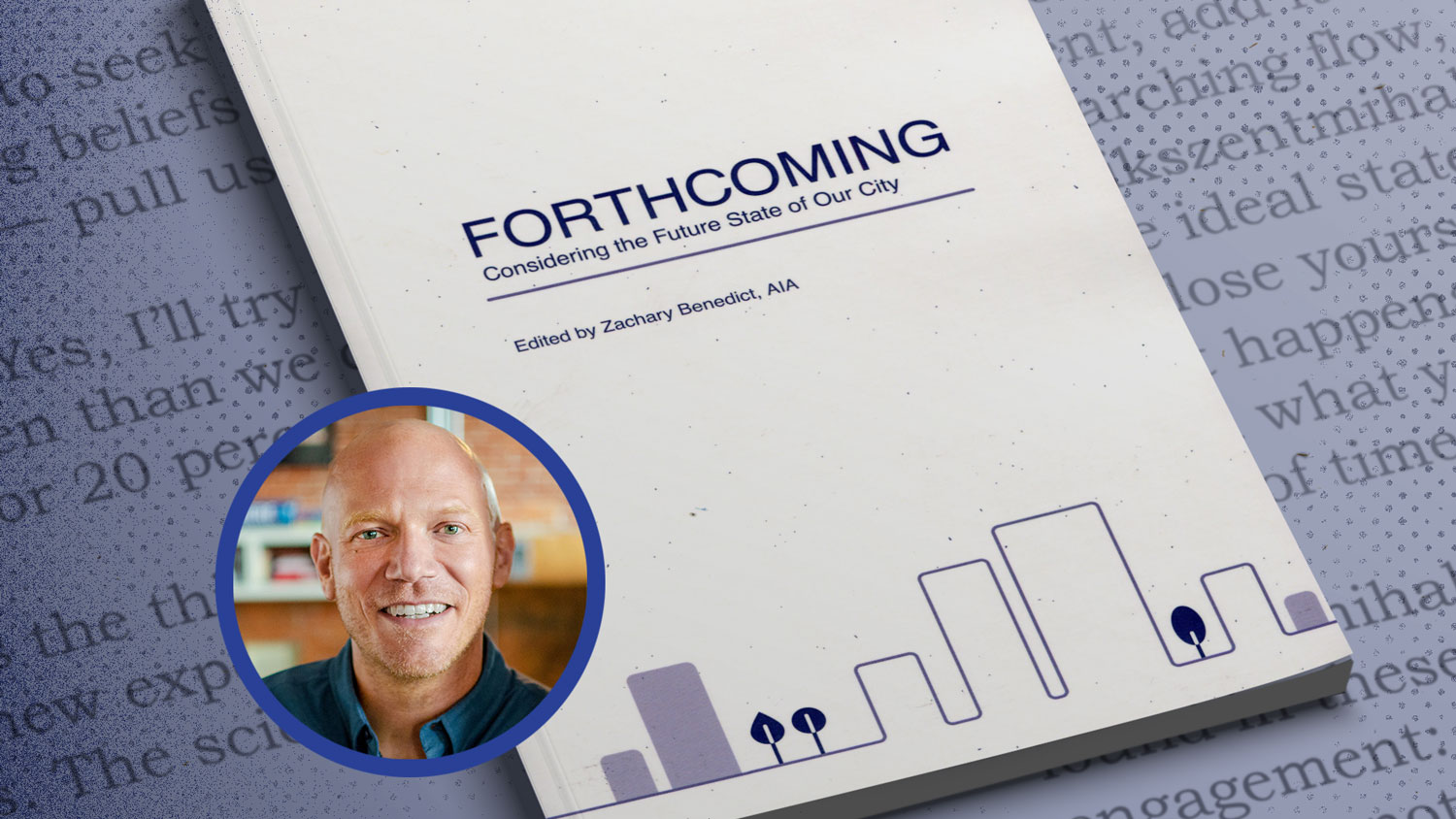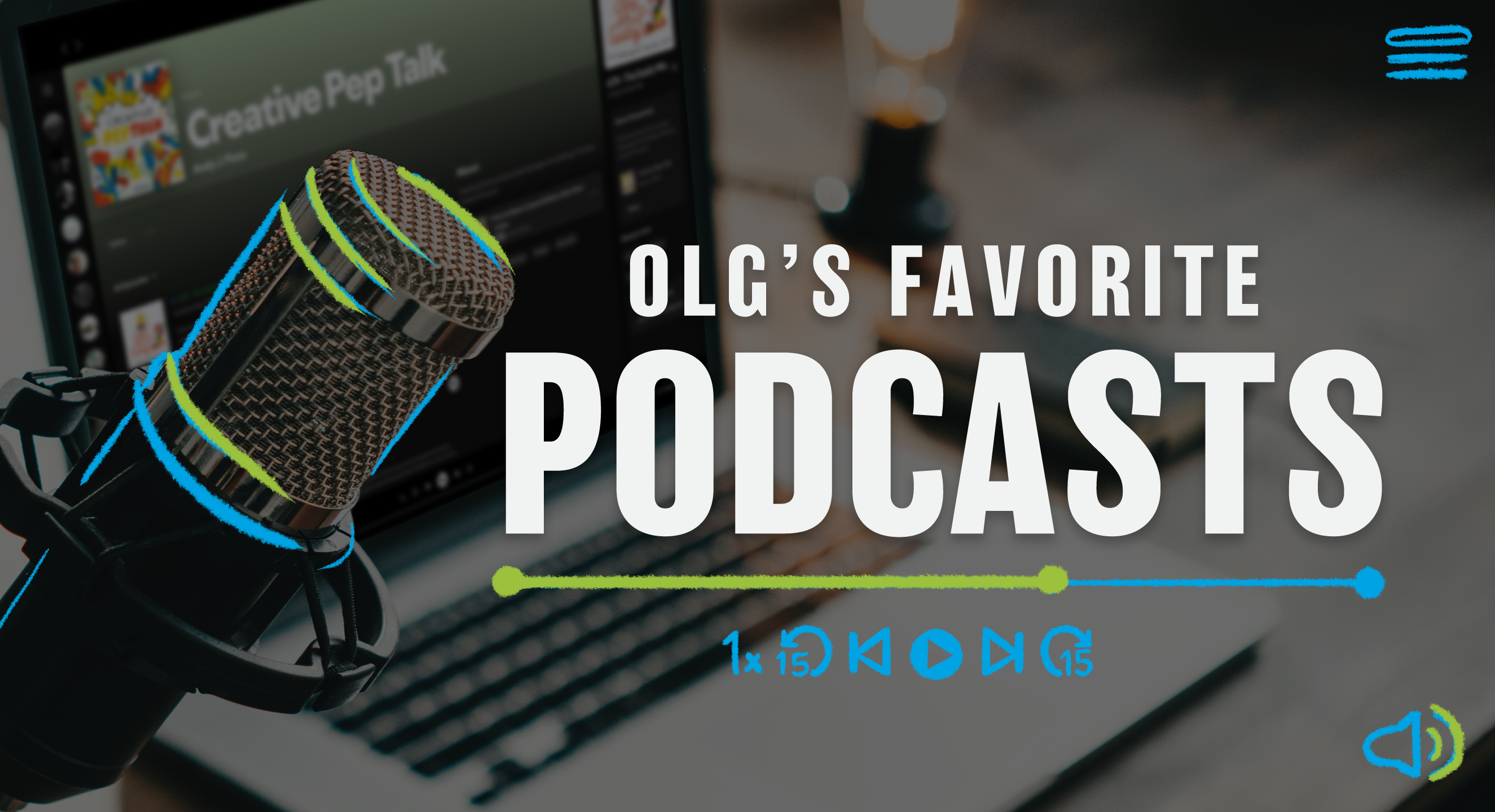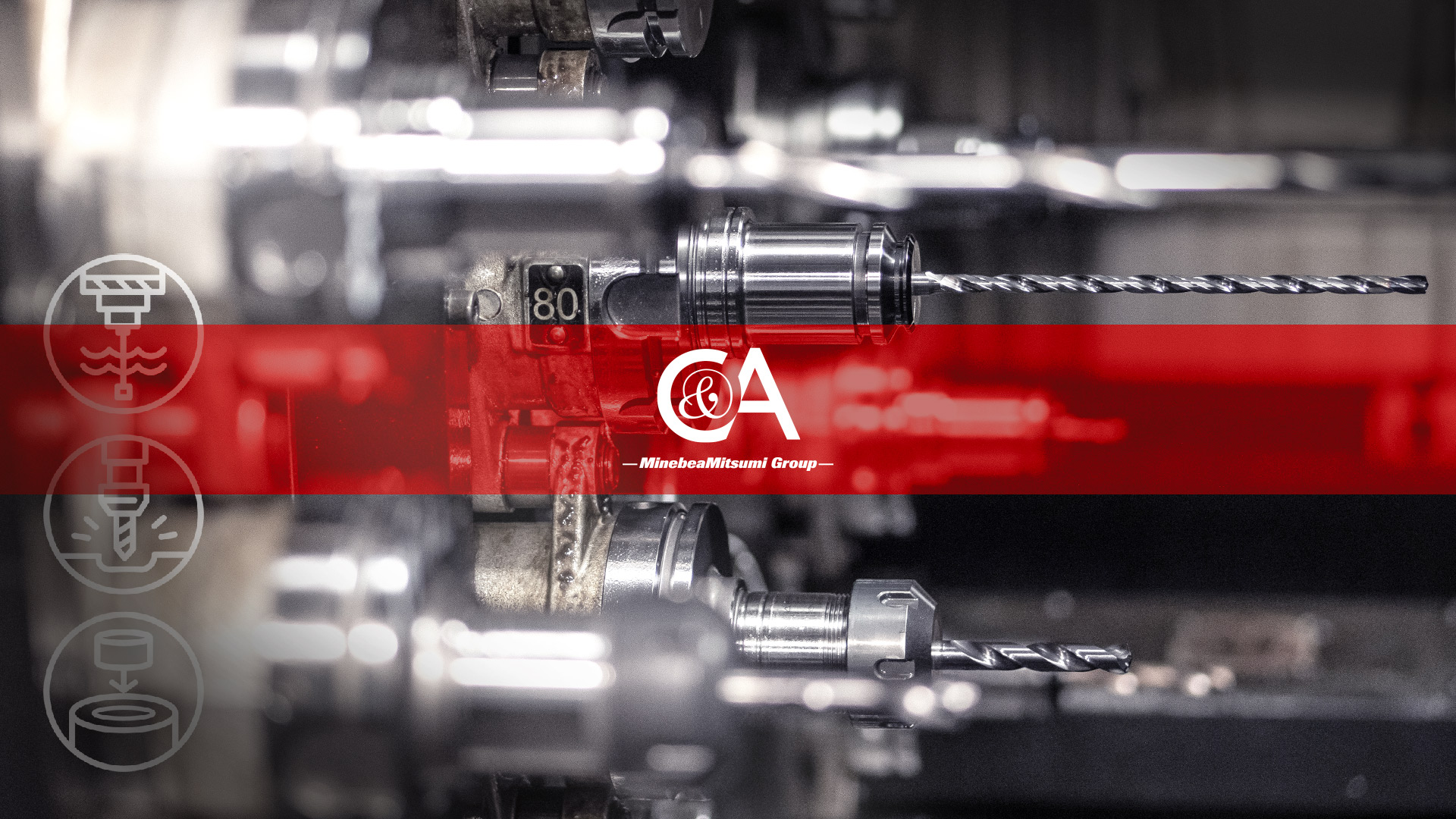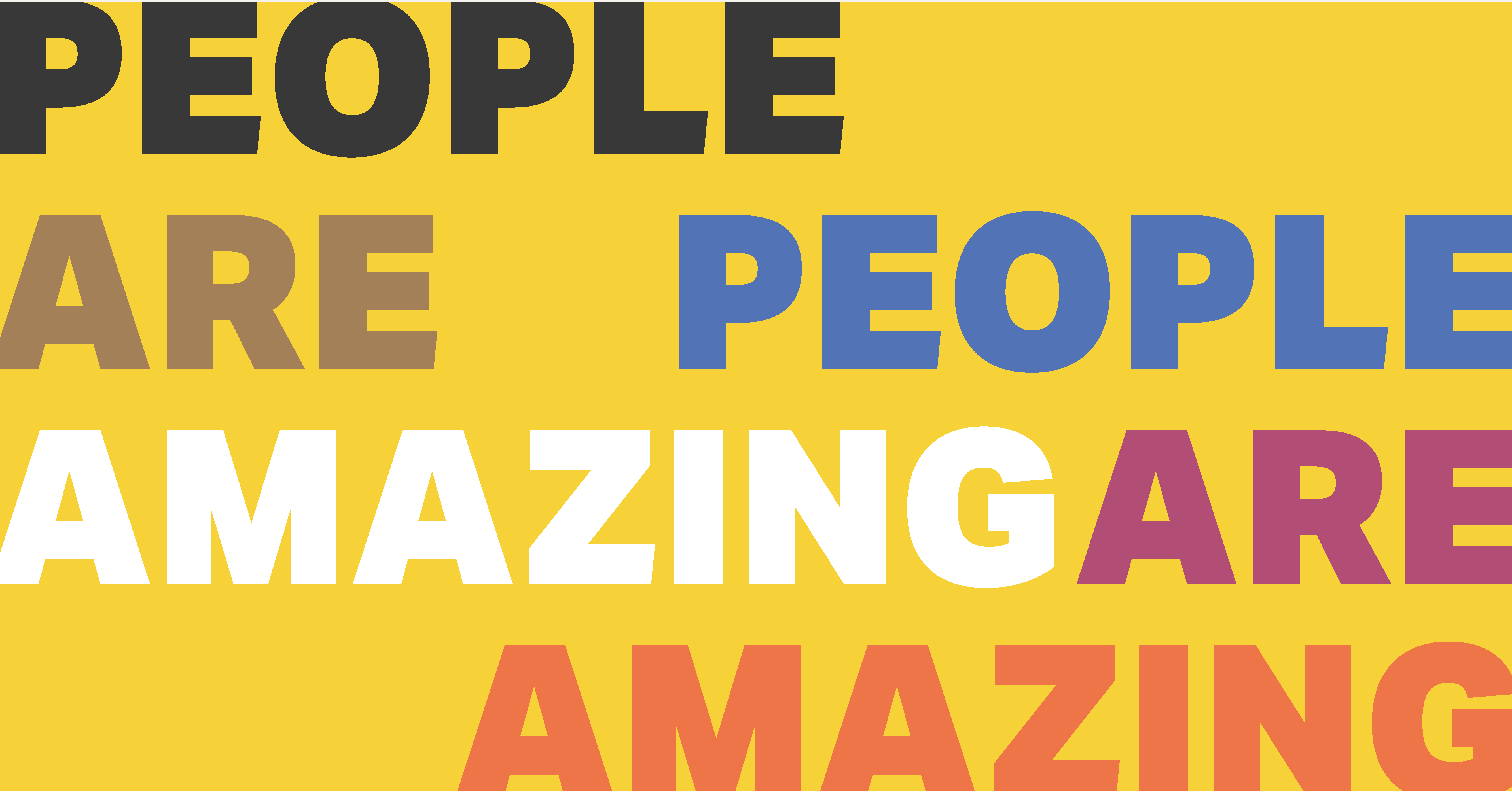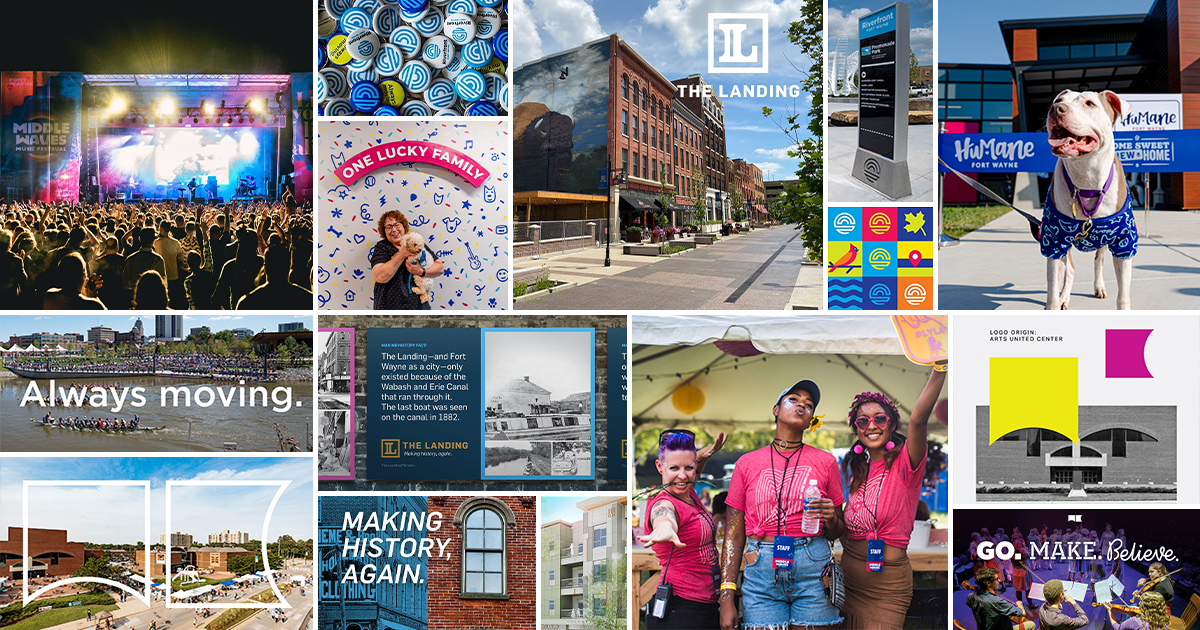Pre-pandemic, some friends and I would travel to participate in an event called a Tough Mudder. Tough Mudders are basically ten or twelve-mile trail runs, with a couple dozen physical obstacles interspersed. There’s a lot of mud, along with trenches, walls, ramps and ravines to traverse. It’s decently tough — and marvelously fun.
At the start of each event, there’s a rally led by Mudder Nation hype man, Sean Corvelle, whose invigorating speech culminates with him asking, “When is the last time you did something for the first time?” The crowd erupts.
It’s a question we should ask ourselves in Fort Wayne.
Sure, I tell myself I have a bias for adventure. But when I dig deep, I see how I’ve swaddled myself in the things—the foods, the places, the sounds, the experiences—I already know I do or will like.
Will a “return to normal” mean a “return to the routine?” Despite living in an incredibly diverse community and region — eleven counties, nearly 800,000 people, dozens of languages, and thousands of unique experiences, we so often stick to what we know. (And then we wonder why we feel stuck.)
To illustrate this point: yesterday, I saw a video of my friend, hip-hop artist J. Tubbs, and his friends, at the roller rink on the south side of Fort Wayne, doing synchronized skating that just blew my mind. I told him how impressed I was; he invited me to join them next time.
Will I? Probably not.
I fear I won’t be good at it; I fear for the embarrassment I’ll feel over lacking the balance, the effortlessness, the groove that Jamaris and his friends have. Heck, I fear that Tubbs’ friends might not like me.
These limiting beliefs, as they’re known, keep us in our comfort zones. Maybe I’ll just go mountain biking at Franke Park, alone, instead. After all, I already know I like that.
The comfort zone is a place where we minimize stress and risk. But we also minimize growth.
Curiosity pushes us to seek out new experiences. Limiting beliefs — which are deep in our wiring — pull us back.
What if we said, “Yes, I’ll try it” — just ten percent more often than we do now? (How about 15, or 20 percent?)
Because here’s the thing. Getting curious, seeking new experiences, it’s actually good for us. The science demonstrates as much.
Writing in Scientific American, Luke Smillie says that in becoming a person who regularly takes calculated risks, challenges yourself, and tries new things, you’ll cultivate openness to experience, one of what’s known in psychology as the “Big Five” personality traits. Openness to experience — which is characterized by qualities like intellectual curiosity, imagination, and a cognitive exploration that drives one to see the possibilities in every situation — has been shown to be the best predictor of creative achievement.
What’s more, as reported by the Greater Good Science Center at UC Berkeley, curious people are happier. Research has shown curiosity to be linked to greater levels of positive emotions, psychological well-being and satisfaction with life, and lesser levels of anxiety.
Curiosity expands our empathy. When we are curious about others and actually seek to talk to people outside of our usual social circle, we become better able to understand those with lives, experiences, and worldviews different than our own.
Limiting beliefs and fears take the commune — the sharing of thoughts, ideas and feelings — out of community.
Fort Wayne, a city on the rise, often sticks to itself.
Imagine two decades of curiosity and the benefits that would bring to our city, to the businesses and organizations where we work, study and worship, to the personal and family lives of those we love, and to ourselves.
Pretty cool. But how do we get there?
Here are some ideas.
Write down your daily and weekly routines. Study these lists; are there things you do that just pass the time, or things that maybe you wish you did a little less of?
Similarly, write down your limiting beliefs. Examine the control they have, the impact they make on your life — the way they keep you in your comfort zone. (If I could rewrite my life, I would attempt to overcome my limiting beliefs and fears decades before I finally tried to.)
Make a “Seek List” of things you’ve never, or rarely, done.
Feel free to start small: dining at a restaurant you’ve never been to, volunteering at a community event you think is targeted to someone other than you, attending a Sunday service on the other side of town.
Cross something off your list every couple weeks — but, also, keep adding to it.
You’ll feel a bit of anxiety or fear trying something new; you’ll also find your mind likes to exaggerate the potential danger. The more you do, the less crippling those feelings become. Instead, they’re a minor nuisance between you and some new experience.
As your list grows, write the ideas on small pieces of paper and put them in a jar.
On the outside of the jar, write down this line from Dr. Seuss: “If you never did, you should. These things are fun, and fun is good.”
Shake the jar and pull out an idea on Monday morning; make a plan to do it by the following week.
Find a partner to do all of this with, maybe a handful. Encourage and challenge each other: “This weekend, your jar or mine?”
In 2019, I was invited to speak at a CreativeMornings Fort Wayne event on the topic of “flow.” (If you’ve never been to a CMFW event, add it to your Seek Jar.) As I was researching flow, I came across Mihaly Csikszentmihaly, who says that flow is “the ideal state of learning — when you lose yourself entirely in an activity.” It happens when you’re so engaged in what you’re doing that you lose track of time.
Csikszentmihaly says that happiness is found in these moments of profound engagement: “The best moments in our lives are not the passive, receptive, relaxing times; the best moments usually occur if a person’s body or mind is stretched to its limits in a voluntary effort to accomplish something difficult and worthwhile.”
Well, isn’t that the truth?
Spoiler alert: you won’t love, or even like, everything you try. That’s okay.
As we learn more about our likes and dislikes, we come to know ourselves better — both who we are today and how we hope to grow tomorrow. It’s a strange — and liberating — feeling to realize you don’t know yourself as well as you thought you did.
Your life can change when curiosity overcomes fear and you discover a love for something you had no idea would ever capture your imagination.
Imagine Fort Wayne putting its best foot forward, walking into a new experience.
Isn’t that the kind of place you’d love to call home? The kind of place where you’d love to learn and grow?
For some communities, the more success they have, the less likely they are to take risks. That success causes them to become locked on what has worked so far and close their minds.
As you consider Fort Wayne in twenty years, are our minds closed — or open?
The owl of Minerva flies only at dusk, as the saying goes. We gain wisdom through hindsight — through our experiences.
Let’s make sure we have a lot of ’em.
I’m calling J. Tubbs.




